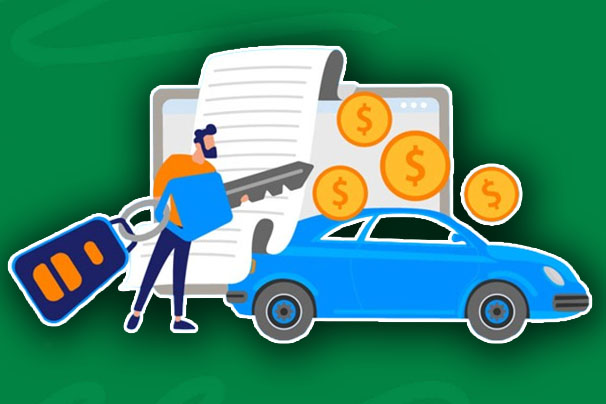Refinancing a car loan is possible to do. After the car title has been transferred to you, you can proceed with the refinancing process. Transfer of car ownership takes 60 to 90 days after purchase. Once you officially own the car, you can consider refinancing. But how soon can you refinance a car loan?

If you secure a loan with lesser interest or you make fewer payments every month for the loan, refinancing is a good idea. Selecting the best refinancing options for your car loan depends on a few components. Some of them include loan balances, credit and finances, and market rates, and you can meet your financial goals through refinancing.
Most lenders have no limited waiting period set for refinancing your car after purchasing a new car. Unfortunately, they cannot refinance your car until you get the car title. While other lenders do not refinance a car until after 6 months of purchase.
How Soon Can You Refinance a Car Loan?
Your loan age is an important factor to consider when you want to refinance your car loan. Refinancing your home too early may harm your credit score, while if you wait a longer time before refinancing, it will save you money. Below are ways your timing affects your reinsurance plans.
Bad and Impossible Timing
It is a bad idea to refinance at the beginning of the repayment of your car loan. Until your car title has been transferred to your lender within the 60 to 90-day range, it is impossible to refinance your car loan. Even if you have complete documentation of your car title, it is advisable to allow your credit score to grow before proceeding with refinancing.
Six Months into Your Auto Loan
This is a good time for refinancing your car loan. If you have been paying off your loan for about six months or a year, your credit score will have increased from when the loan was taken. Also, your punctuality in repaying the loan shows lenders that you can pay back the loan.
Chances are that you would qualify for a lesser interest rate if interest rates have dropped after your previously financed car. Refinancing your car insurance is better during improved market conditions with lower rates and an improvement in your credit score.
Less than Two Years Left on Your Car Loan
Many lenders make use of simple interest calculations when giving refinancing loans. Your monthly payment is mostly channeled to your principal as you get closer to the end of your repayment term. This is a questionable factor.
Refinancing your car loan only saves you money when it reduces the overall interest you are meant to pay for your car loan. Refinancing your car when you have almost completed your loan repayment doesn’t save you money because most of the interest rates have been paid off.
Should you refinance your car loan?
In some cases, refinancing your car loan is a good idea. Irrespective of when you want to refinance your loan, you should consider refinancing from more than one lender. Comparing different refinancing lenders for your car loan helps you discover if you should refinance or not. The below factors help you discover whether or not you should refinance.
- An increase in your credit score since your car loan was taken.
- Your car loan interest rate has dropped since you got the loan.
- A higher loan rate was taken at a dealership.
- If you are having a hard time repaying the loan. Refinancing for a longer time can reduce your loan payment, but a higher interest rate will be paid throughout the loan term.
If you fall under these factors, you should refinance your car loan.
When Should You Not Refinance Your Car Loan?
In some instances, it is a bad idea to refinance your loan. Some of the factors that show that you should not refinance your loan are when:
- You have a poor credit history.
- The car is refinanced immediately after it was purchased. Here, most lenders require a 6-month limit after your car purchase before refinancing.
- The payment of the loan is almost complete.
- Your savings are wiped out due to fees.
- The loan amount is greater than the car’s actual amount.
Borrowers under these factors should not proceed with refinancing their car loans.



